Lengthy power cuts and damaged infrastructure debilitate Yemen
Unemployed, without employment prospects; impecunious, without a health system, lacking clean water not knowing when or from where their next meal will come, the Plight of the impoverished Yemeni is akin to being a resident of hell.
The all powerful neighbor of just about the poorest nation in the world has, since 2015, torn it asunder with a bloody war, viciously targeting all civilian infrastructures, including the national grid.
Without electricity, any country will regress to an age of darkness; the wheels of industry will no longer turn; hospitals won’t function properly, and everyday life will become a living hell.
Power outages have left almost all major cities in the dark since the onset of the war on Yemen in 2015, which has put over 5,000 power stations out of action in the interim period, with attacks no longer restricted to military targets.
Such is the reality of life in 21st Century Yemen, where life goes on despite the endless problems brought on by mankind’s most tragic travesty.
Desensitized to pain
As if the endless war induced problems were not enough the long power outages have created an invisible pain that runs through the whole country.
"The power cuts reach 8 hours in a day, sometimes reaching 24 hours", "It's like hell. We cannot sleep because of the high heat", "We are living and dying in the dark". These are common sentences that can be heard in Yemenis’ everyday conversation.
"When you see that they attack electricity stations, power lines as well as power stations and also blockade the oil industry and the oil imports that is so necessary for the electricity production in Yemen, one of the major reasons behind this is that they want to break Yemen's spirit. These are attacks that no longer target military goods, equipment, or soldiers of the Yemeni Republic."
Brecht Jonkers, Historian and Journalist
Over 5,000 transmission lines, power stations destroyed by Saudi Coalition
Power outages have left almost all major cities in the dark since the onset of the war in 2015. The Saudi-led coalition has destroyed many transmission lines, power stations, and other electricity facilities crippling the country’s critical centers.
Yemen’s Ministry of Electricity says, “The coalition has targeted more than 5,000 power stations and other pieces of critical energy infrastructure, most of them away from any fighting or military site.” According to the ministry, “Ninety percent of the total Yemeni population is living without electricity.”
"There have been several reports already that there are a lot of health centers - some say that about the majority of health centers and hospitals in Yemen have been shut down due to a lack of power and due to a lack of fuel necessary to fuel their generators.
The same goes for institutions such as oxygen factories, factories that produce necessary oxygen tanks and oxygen machinery and equipment in order to keep people alive during life-saving surgery."
Brecht Jonkers, Historian and Journalist
In April 2016, Saudi warplanes destroyed the main power station in Taiz province. Four months later in August, they dropped bombs on two generating stations at Haradh and Midi in Hajjah Province. Eight bombs also targeted the main power station in Amran, destroying two transformers.
In July 2015 the coalition bombed a compound which housed employees of a power plant and their families, killing and injuring more than 300. Some families have reportedly pulled their children out of school to fetch water as the electric pumps have become useless.
Without electricity the students who still go to school cannot study after dark. Needless to say the water, mainly surface water, women and children fetch is often contaminated with cholera and other harmful bacteria.
"You have to bear in mind that take away a nation electricity and you make them drop back decades if not centuries into the past.
Of course you can say in the past people survived as well, the sudden drawback, the sudden collapse, the sudden cutting of all power - in the course of weeks and months and more - cause the mass amount of civilian deaths.
This is basically unavoidable if you take such a drastic step as to cut off an entire nation power for an extended period of time."
Brecht Jonkers, Historian and Journalist
Meanwhile, a handful of factories that have survived the war are now out of action due to the absence of electricity. Long-lasting power outages have been taking their toll on Yemeni patients whose lives are dependent on life-saving facilities.
"When lengthy power outages occur and emergency back-up generators may not always be enough to keep the power running for a long time in places such as hospitals, emergency centers, childcare services, factories that produce necessary medical and other pieces of equipment, so this has had a very intense, direct result for thousands of people in Yemen who are suffering from medical conditions, people who have been wounded due to the bombings, for example, that Saudi Arabia has been carrying out in Yemen for years now."
Brecht Jonkers, Historian and Journalist
Yemen’s Public Electricity Corporation has estimated that the financial damage from these “measured attacks” on power infrastructure adds up to over four billion U.S. dollars.
"When they seek to destroy Yemen completely, this is their way of reducing the country back to ashes and then later on come back with a few millions of petrodollars and to build up the country as a Saudi puppet state and to portray the money they gave as an act of charity. This is a very typical Saudi strategy that we have seen in this region in particular."
Brecht Jonkers, Historian and Journalist
Soaring Utility costs and unexploded ordinance
Yemeni citizens now have to pay a monthly subscription fee of up to 350-400 YER (Yemeni Rials) to private sector electricity producers. Many Yemeni families cannot afford it. Before the war, it was just seven YER per kilowatt.
Years of indiscriminate airstrikes and bombardments have destroyed the national grid and contaminated large areas across Yemen including areas through which power lines pass turning them into fields full of mines and unexploded bombs
In the words of Abdul Qadir Mutahar, Director-General of Transportation at the Electricity Corporation, “We have 490 electric towers in the Sanaa-Marib line that passes through Nehm, most of which are now destroyed or affected by the raids, shelling, and unexploded ordnance.”
"The blame for Western countries goes much further than merely selling weapons. Of course, when you sell weapons, I mean, my native country of Belgium has recently ceased selling weapons directly to much of the Saudi military but not all, I believe. But before that the Belgium government said like, "We sell these weapons to the Saudis. What they do with afterUnited wards is not exactly our fault."
You know they try to kind of turn around a little bit and shift the blame away that way.
Blame Game
But the blame goes much further than that, especially in countries like the United Kingdom and the United States. They don’t just sell weapons to Saudi Arabia but are directly involved in intelligence services.
There are American and British forces and Israeli forces and experts directly present in the war rooms of the Saudi-led coalition. "
The Yemeni Executive Mine Action Center (YEMAC) says, “The dense amount of mines and unexploded ordnance that are now spread near electric transmission lines is huge. It will take a long time before teams are able to reach them to start the rebuilding process.”
Undoubtedly, a poor country like Yemen which cannot secure even the most basic staples of life cannot get rid of vast number of unexploded ordinance and landmines in the near future.
With the help of Ansarullah, Yemeni citizens have just started using solar energy, but the question is “will the Saudi-led coalition allow them to use it for a long time?” and “Will light come overcome darkness in the end?”
Turkey's foreign minister meets Syria's de facto leader in Damascus
'Next to impossible' to rescue patients from Gaza's Kamal Adwan Hospital: Director
VIDEO | Vietnam current prosperity
Report blames gasoil exports for shortage at Iranian power plants
VIDEO | Hind Rajab Foundation names Israeli war criminals vacationing after Gaza genocide
VIDEO | Australians rally for Gaza ahead of Christmas festivities
VIDEO | Attacks on Sana'a
Iran reports further drop in annual inflation rate in December


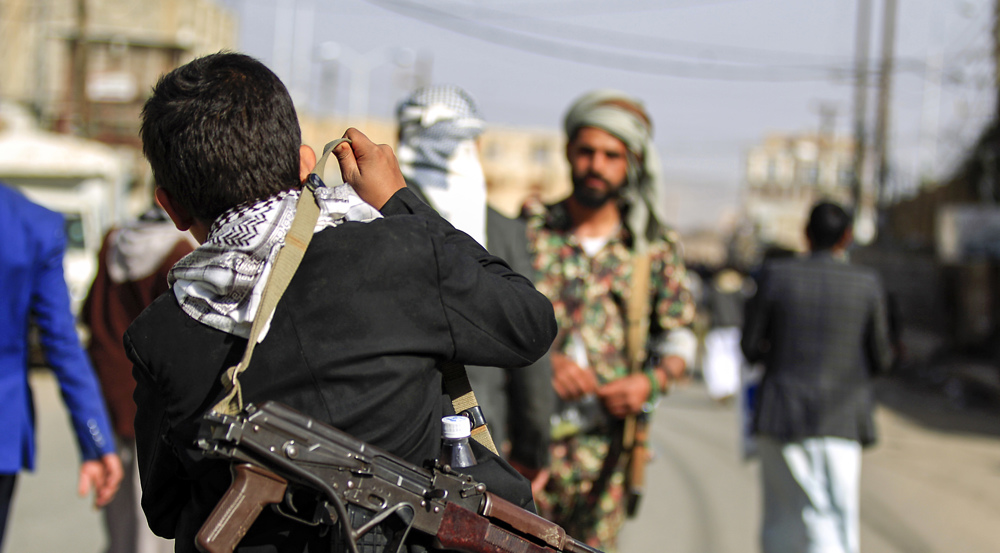






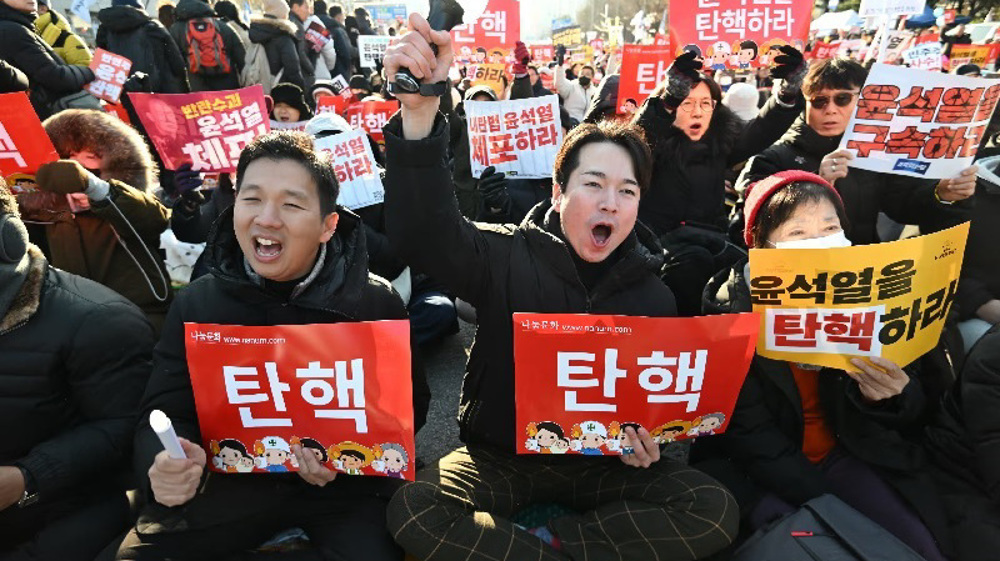

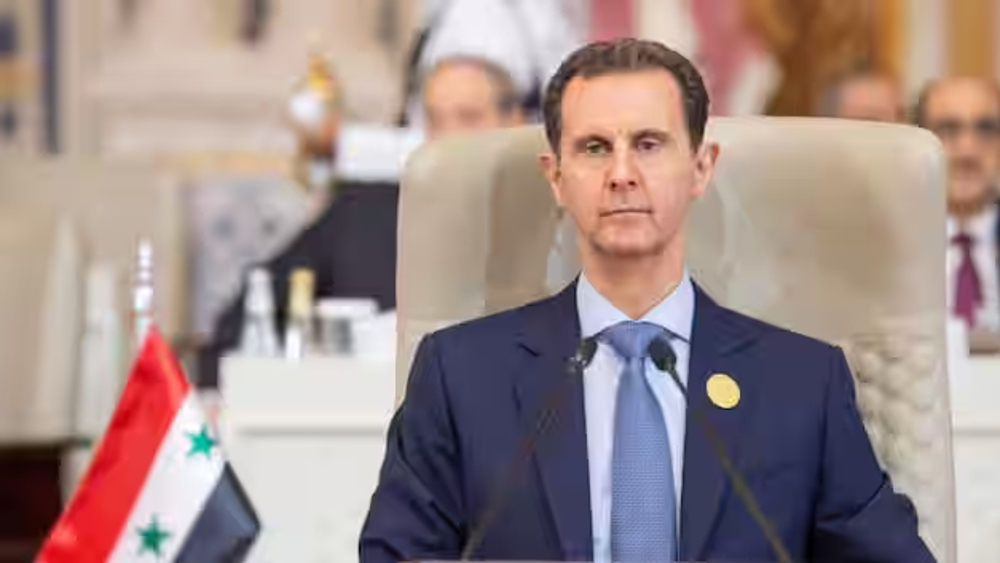



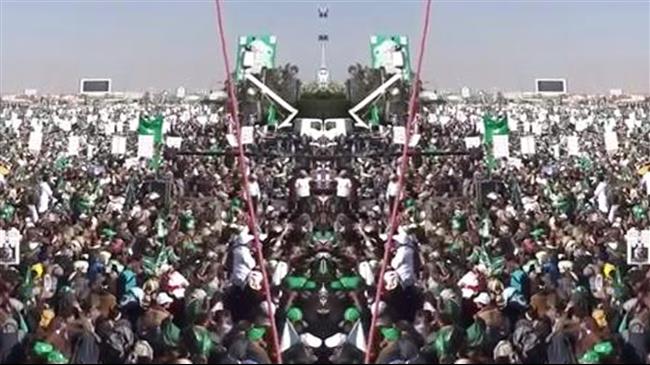

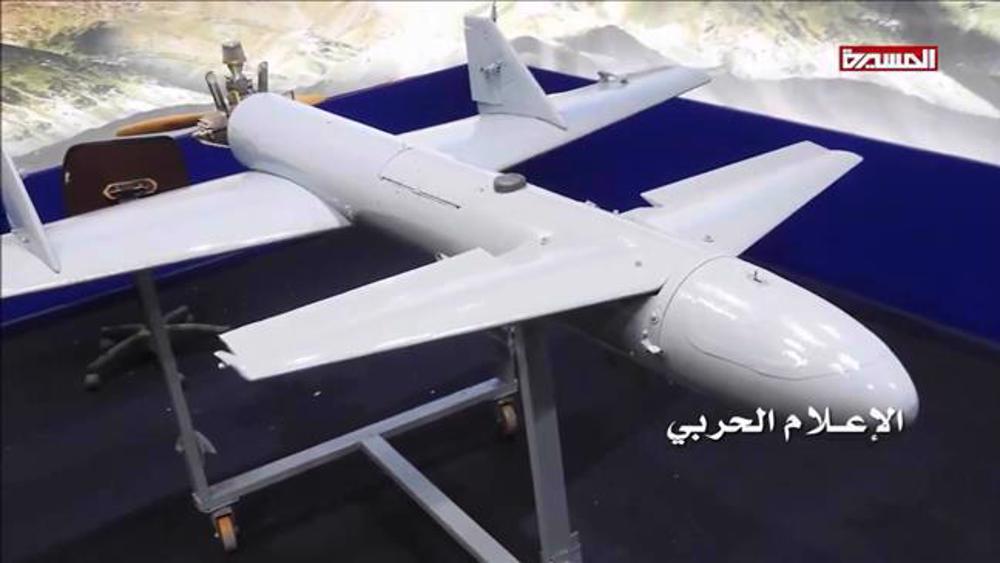
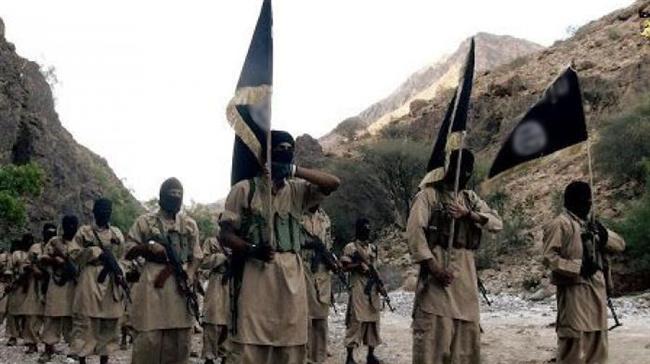
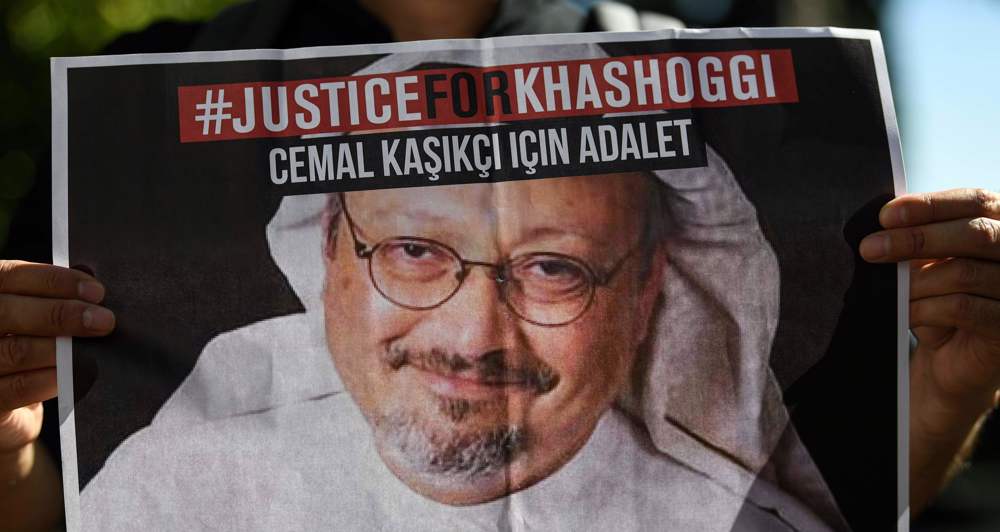
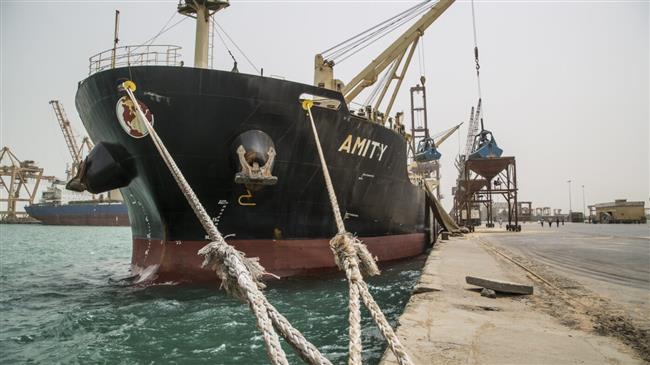
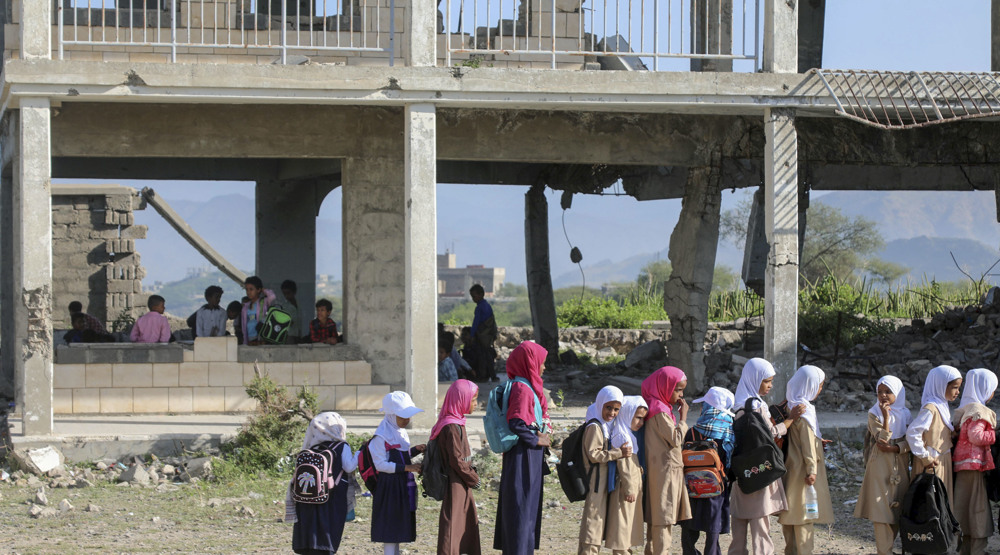
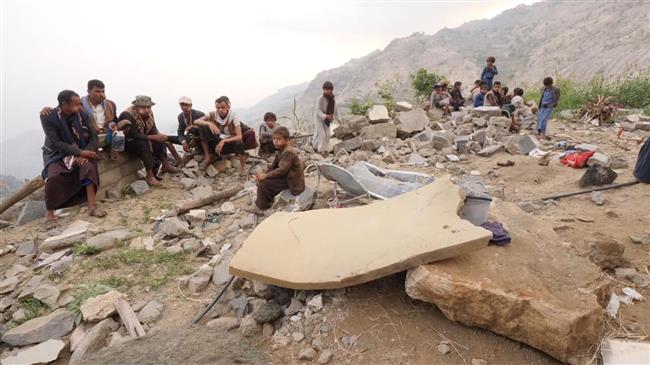

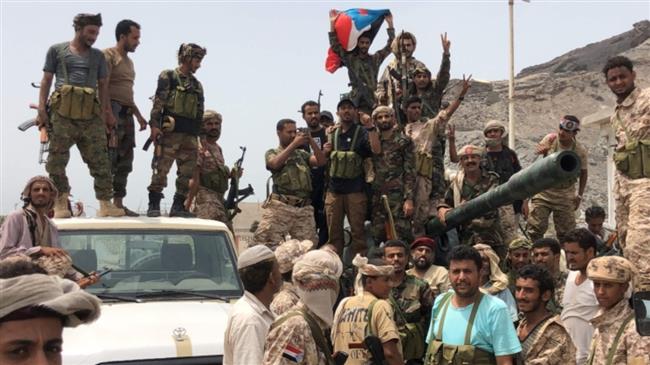

 This makes it easy to access the Press TV website
This makes it easy to access the Press TV website